Sumu Yaskushima uses regenerative architecture practices to ‘discover new possibilities for interacting with nature’

A newly built Japanese housing co-op, on Yakushima Island, has been designed to foster a greater connection with nature for its inhabitants.
Sumu Yakushima is co-owned by eight members who live on the site with their families, and also offers holiday accommodation for visitors.
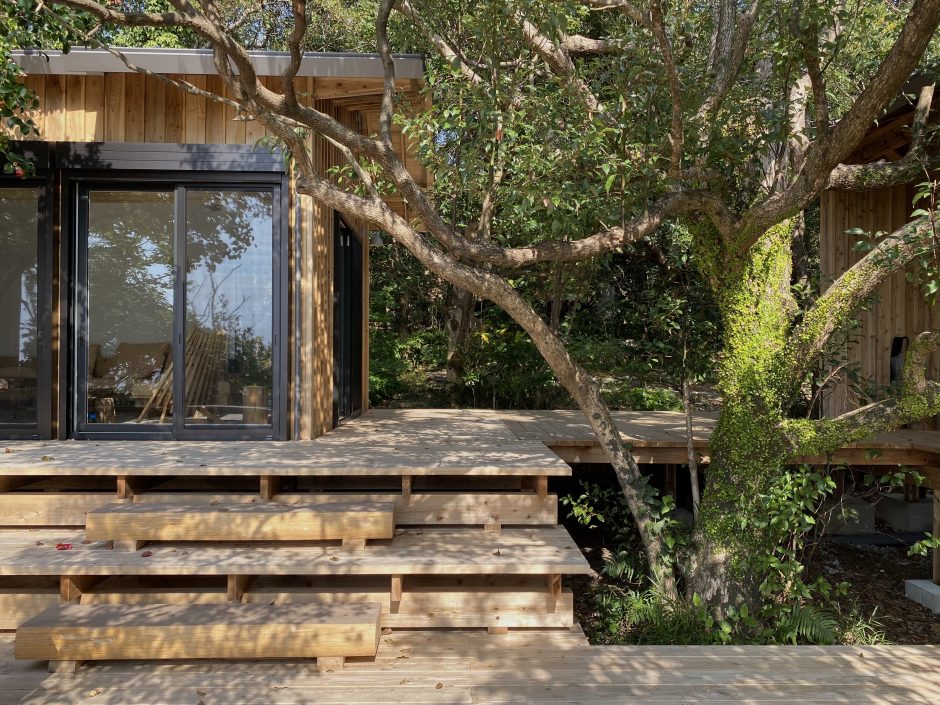
Sumu means both “to live” and “to become clear”, and according to its co-owners, the name expresses how they live in the co-op – in a way that positively impacts both its residents and the landscape.
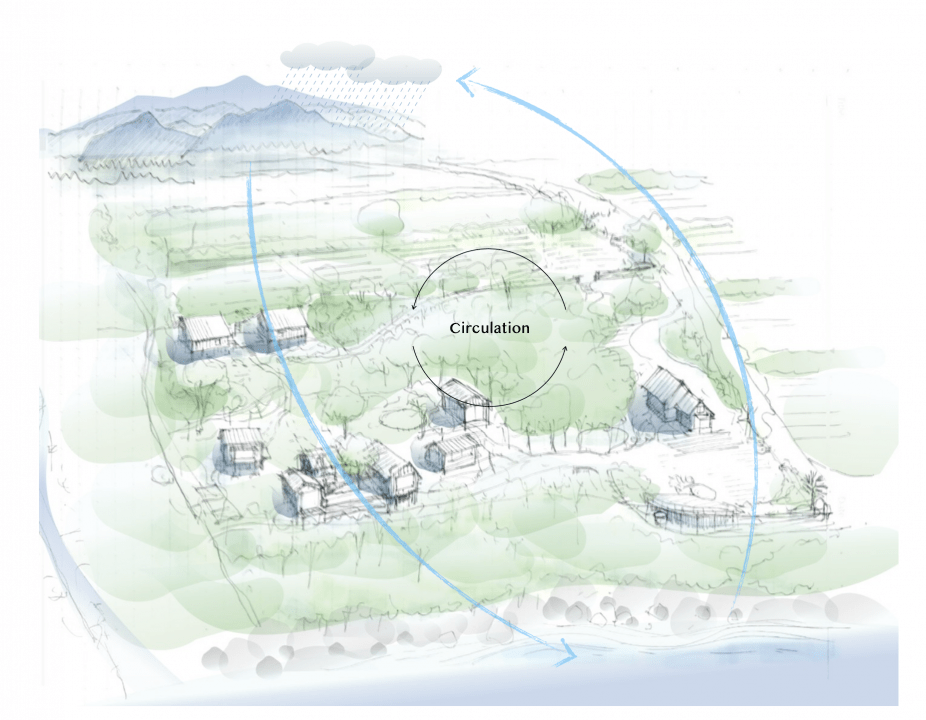
Sumu Yakushima’s architect, Tsukasa Ono, developed the idea for the housing project with his friends in 2020 while temporarily living in a hotel on Yakushima during lockdown.
Identifying three main needs for humans – drinking water and food, energy and community – Ono said: “Sumu was conceived as a place to meet them all.
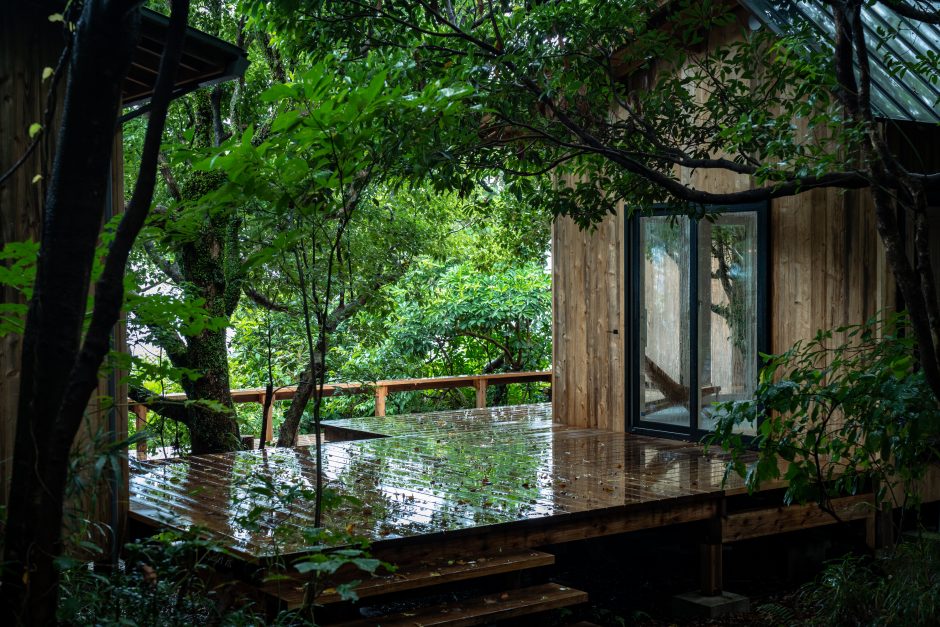
“Yakushima is an island rich in nature, so you can even drink the water from the river. We have a farm and can produce food. Energy can be charged hourly in off-grid systems. And we share and nurture this place with our most important friends.”
The co-op was built among cedar trees, in a manner sympathetic to the surrounding landscape without cutting down large trees or leveling the ground, and runs on 100% off-grid energy from solar, storage batteries and local firewood.
Its creators fused modern technology with traditional Japanese civil engineering practices to develop. a regenerative model of architecture. Key considerations include the site’s underground environment as well as how water and air flows around the landscape.
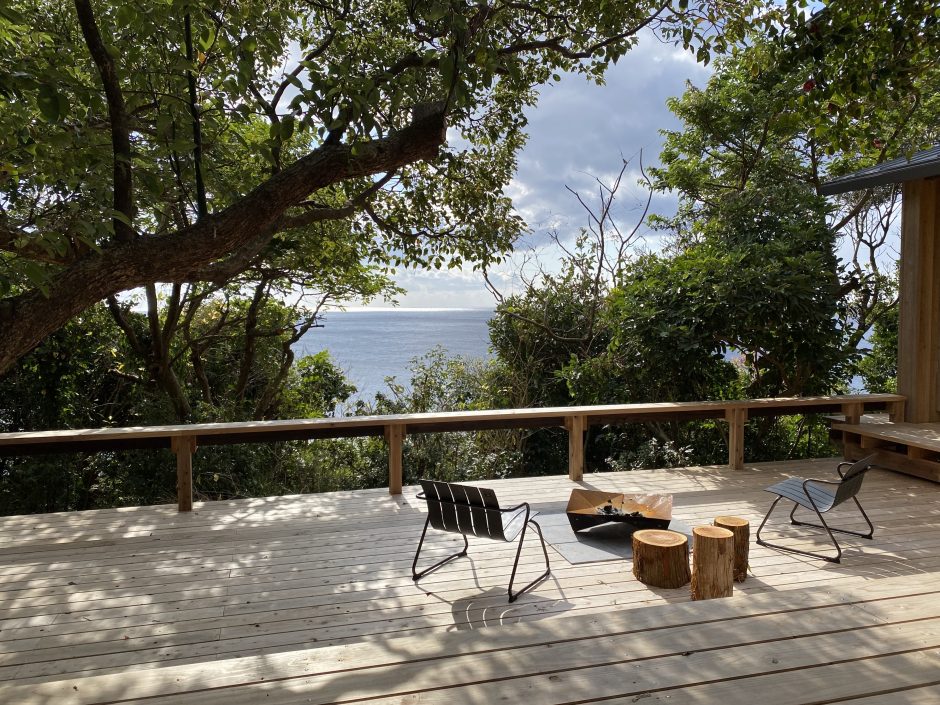
Each cabin is raised from the forest floor, allowing air to flow underneath and avoiding the accumulation of excess moisture. Burned wood is placed beneath the structures to promote the growth of mycelium, the forest’s underground fungal network.
Wooden walkways connect the individual and communal areas, taking its residents on outdoor walks through the forest when moving between buildings, and connecting each co-op member to one another.
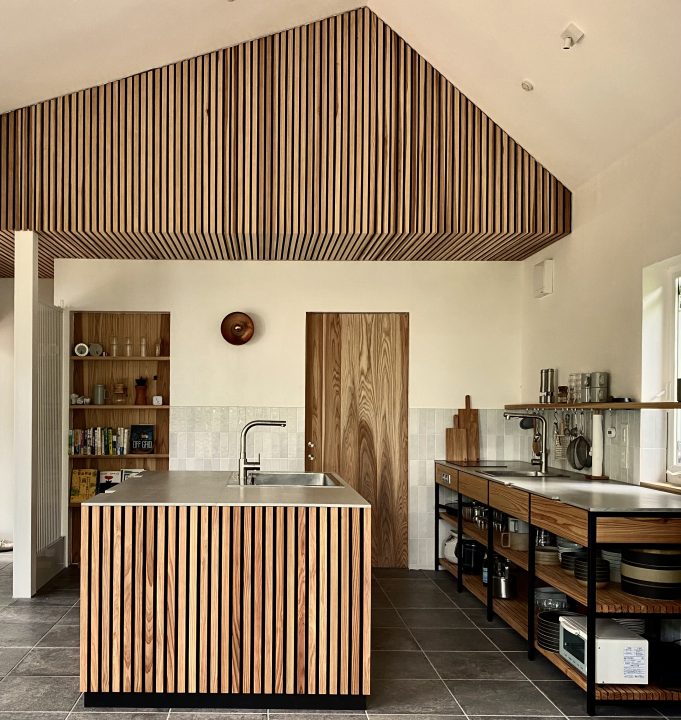
The eight co-operators own Sumu Yakushima via a joint-stock company, each having an equal share. Most decisions are made by working groups of three or four people, with big decisions made by all members at bi-annual meetings.
Ono said he wanted Sumu Yakushima to be a co-op so its way of life can be passed onto the next generation – most of the co-op’s members have young children.
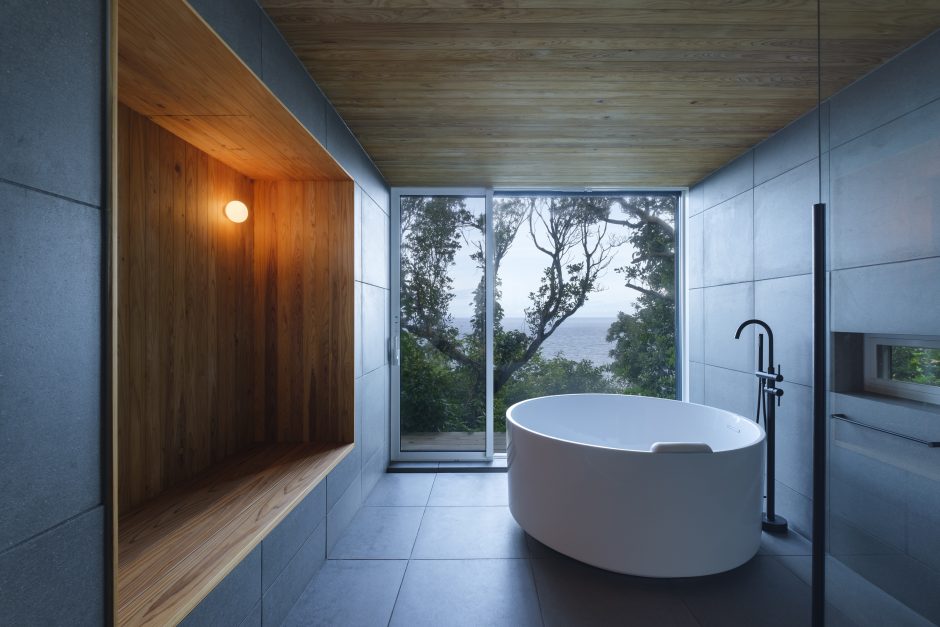
“Projects like ours tend to be difficult to sustain,” he added, “[but] every owner will carry out this project for themselves and their children, too. This will motivate us to keep going.
“We spend time together at Sumu and learn how to interact with nature as we live here…We want children to experience it and recognize that it is a usual way of life.”
With thanks to thenews.coop
